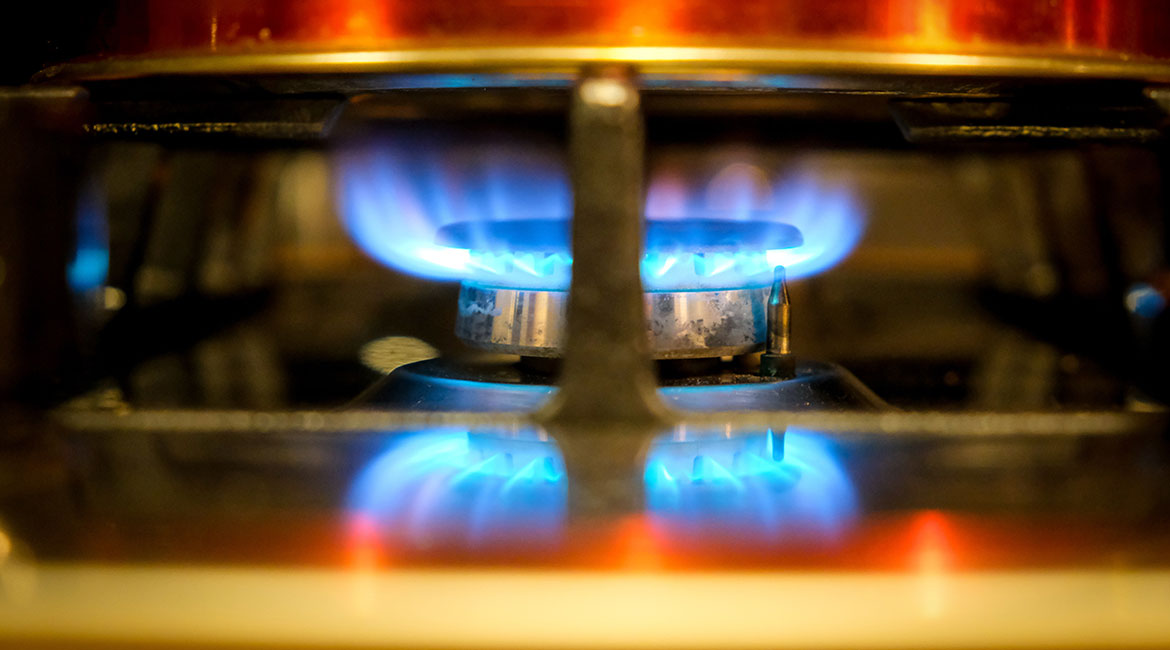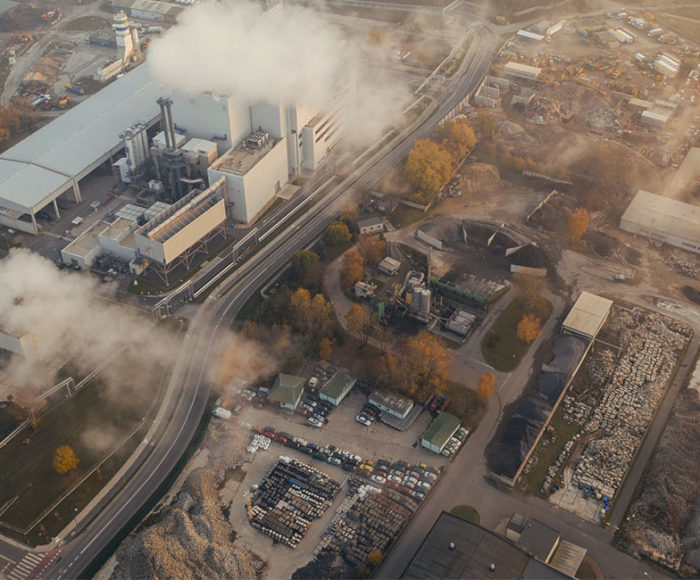AAs the World Economic Forum reports, oil prices jumped above $110 per barrel in the weeks after Russia’s invasion of Ukraine. Likewise, natural gas prices more than tripled between mid-February and early March in reaction to the conflict, signaling how the war is affecting energy prices globally.
But in the case of the Russia-Ukraine conflict, energy sensitivities to the war go well beyond volatile price action.
Considering Russia’s status as a significant player in global energy supply and the lengthy profile of countries (including the EU and India) relying on its output, there are other nuanced issues at stake in the conflict.
I outline some of these below.
Effect of energy on economies
Energy, being a driver of practically all industry, is a critical global resource. However, the commodity’s volatility – resulting from sensitivity to global or regional disruptions, price seasonality, and industry concerns – makes it an economic wild card at times.

The effects of this price seasonality often vary, but in most cases, it results in disruptions to local and global supply, sharp price hikes, or scarcity in the commodity. Countries are often keen to avoid this outcome, which is one of the reasons why the international community has not placed a coordinated embargo on Russian gas.
In the case of the EU and countries such as Germany, Poland and Bulgaria, these concerns are all the more critical due to their reliance on Russian energy. The EU gets 40% to 45% of its gas from Russia, while Germany, Austria, and Italy fulfill 55%, 80%, and 40% of their respective gas needs from Russia. These countries are largely paralyzed from taking concerted action due to their potential vulnerability to shocks resulting from energy disruptions.
Energy agreement disputes and potential shutoffs
Russia and its trade partners have experienced turbulent economic relationships in the past, particularly in relation to energy agreements. For instance, Russia and Ukraine had a 2008 dispute over a gas transit deal that resulted in Russian gas supply cuts to its neighbor in the dead of winter. Likewise, Russia shut off Ukraine’s gas supply after a 2014 payment dispute, indicating the superior bargaining power of the Russian government.
Russia recently activated these same measures against Poland and Bulgaria (which gets 90% of its gas from Russia) for their failure to pay for gas supply in Russian roubles as opposed to US dollars.
Russia continues to maintain a difficult, and often complex, relationship with its trade partners, especially in Europe and North America. Consequently, responding to the potential of Russian gas shut offs demands opening up alternative supply channels to blunt the effects of any Russian action. But that option will take time to implement, which is a distinctly limited resource in times of war.
Complex economic interrelationships
While the battle lines in Ukraine seem reasonably clear, the underlying economic relationships underpinning the conflict are much less so. For instance, the two main actors – Russia and Ukraine – continue to maintain energy relations as Ukraine is still a key player in the transit of Russian gas to Europe.
To add some economic leverage to its conflict against Russia, Ukraine has also now activated some of its control over that process, blocking Russian flows to Europe. As a result, natural gas prices in Europe have jumped even higher in the day after this action, adding further complexity to the conflict.
Even the US, which has expressly forsworn energy imports from Russia, is still partly dependent on the country for 16% of its uranium imports, emphasizing the complex interrelationships that underpin the train of events.
|
by Doğan Erbek and STF Team |




